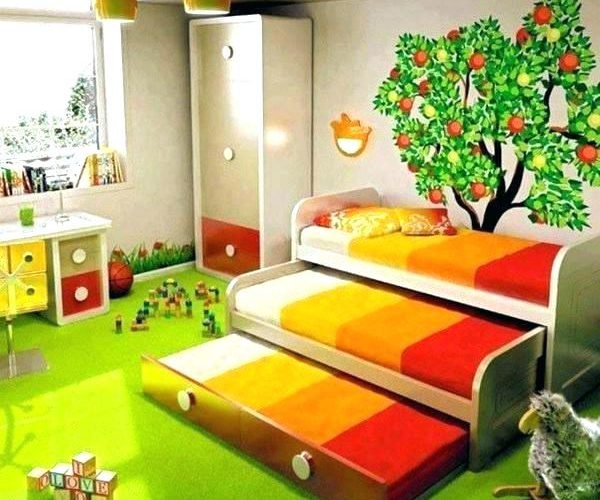I’m bored by my daughter, and she is distant and critical of me

I feel constant frustration and powerlessness regarding my relationship with my daughter, whom I have loved dearly since the day she was born when she was pretty like a doll and looked at me in a very direct and critical way (already). She is still good looking, but not in a flashy way and she is not the sort to make much of it.
I am 68 and my daughter is 33. I also have a son. We have extended family in the UK and my husband died 20 years ago. Life was not easy and there were no holidays or luxuries but we always had enough and, I believe, some security. I now enjoy my retirement and have activities that keep me busy.
But I feel unhappy about my relationship with my daughter. She is reserved and quiet, only tells me things when I ask questions, and I suspect she visits out of duty. She will never comment on what I do or the clothes I wear, as if it is of no interest. When I give an opinion on whatever subject, she treats it with disdain or contradicts it. We have also occasionally gone out together but I am always met with, at best, this polite indifference.
I am proud of her. She is intelligent, very decent and hard working and has recently had a well-deserved promotion, which meant a considerably better salary. I assume that she is not happy about the lack of prospect of ever settling and having a family in London. She and her partner will never earn enough. I help a little, but can’t do much. I get frustrated at the lack of communication and don’t know what to do. I can’t help feeling she does not like me. For my part, I end up finding our time together boring. Should I keep on seeing her regularly at home or out, or should I leave it for the time being? I don’t want to be a burden but I also would not want her to feel that I don’t care. I wish there were manuals about how to deal with adult children!
The answer to the mother:
The first thing that struck me about your letter – which was imbued with sadness – was the great expectations you had, and have, of your daughter. I wondered if she is your first born? So much emphasis on her, but so little on your son – relegated to a mere mention. I wondered about when she was born, what happened, who supported you, what sort of mother you were, versus the sort of mother you wanted to be; how you yourself were mothered … a lot of questions, but so relevant.
It was very illuminating you saying: “She looked at me in a very direct and critical way [already].” Babies aren’t critical, they don’t judge. They are born adoring, and with fairly basic needs. But parents can project ever such a lot on to their babies/children and can feel judged when, in fact, they are judging themselves.
Guilt is often the enemy of confident parenting; it can rob a parent of the ability to shrug off mistakes (which we all make). Instead, some might start to project all that on to their children. And that’s when the criticisms start.
Your husband died when you were still very young and your daughter heartbreakingly young. Did she, or you, ever get bereavement counselling? It must have been an incredibly difficult time. Was your daughter close to her father? I wonder if, inadvertently, you have tried to get her to fill his place (your remark about expecting her to comment on your clothes). Relationships shift in families when a parent dies. I wonder what role your husband provided, besides the obvious – what did he facilitate?
All the lovely things you said about your daughter – do you ever tell her? So many parents say, “Oh, but they know!”, but it’s surprising how differently the child sees things.
It may be that you don’t get on, that your personalities are different, but I got the impression you were both stuck – and stuck is a word I came back too often with your letter – in your own world, each imagining what the other was thinking and saying. There seems to be a lot of projection going on and very little true communication.
Your daughter’s reaction – not telling you things – may just be her personality, but it might be that she once told you things and you either didn’t listen, criticised her or reacted in a way that hurt her. Sometimes children stop telling their parents things because they’ve had a reaction they didn’t like, and then the parents say: “But she never tells us anything.”
If you want to mend this, and you clearly do, then I would recommend some counselling, definitely for you, but ideally for you and your daughter together at some point. I think it would be really interesting to hear her side of things and that will help you realise the part you play. I really feel that communication can only bring you closer, so that even if you only talk a few times a month, that communication will be more honest and authentic.
I also think you need to be honest about what you want from the relationship. Your daughter will never be a substitute for your husband and you say at times she bores you. Maybe she senses that?
What we see in our children is often a reflection of what we’ve put in – a little bit of ourselves. Do a bit of work on yourself, and you may feel differently about what you see back.



































